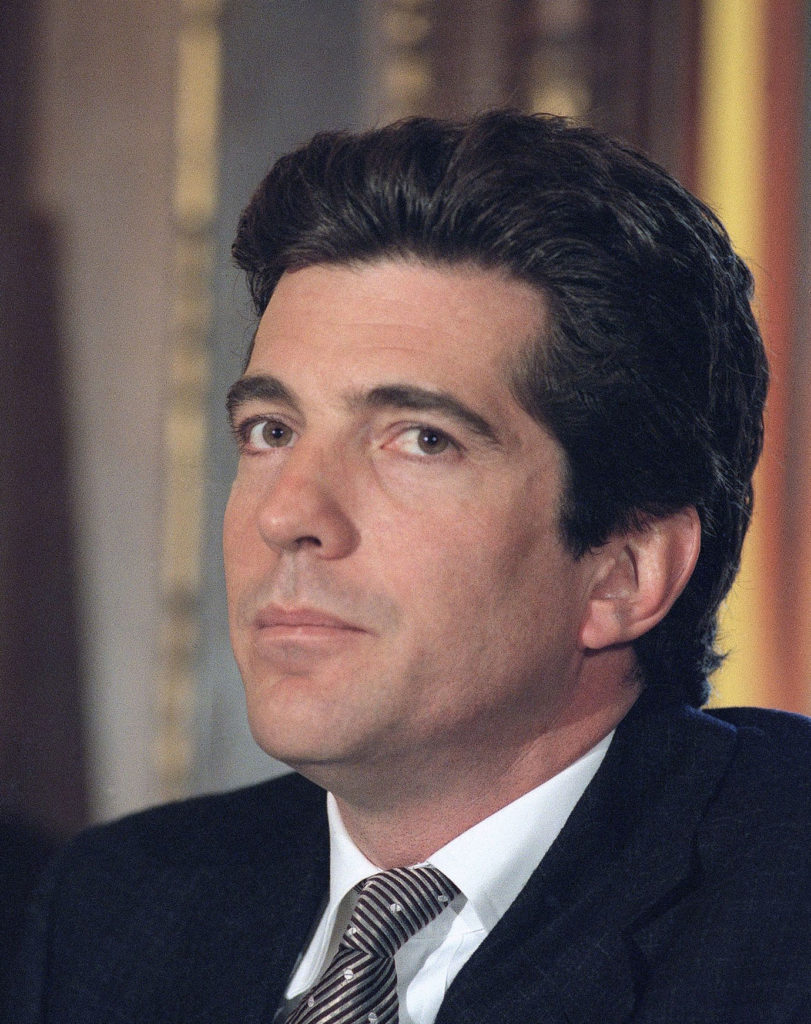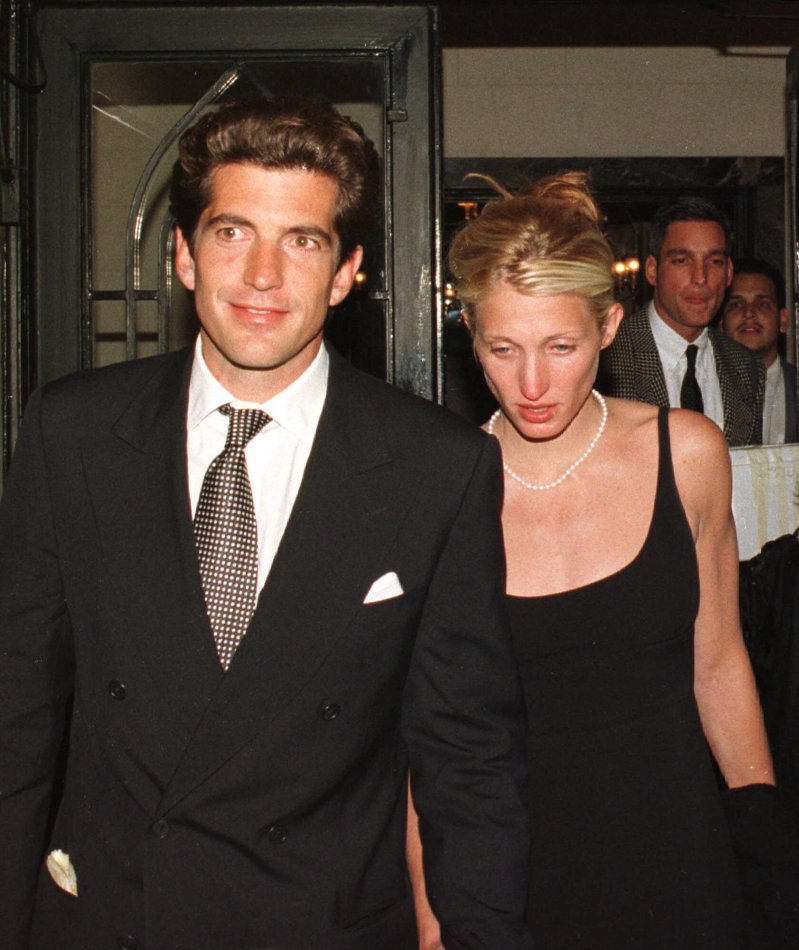
He didn’t mind the attention — at first. Episode 4 of the “Fatal Voyage: The Death of JFK Jr.” podcast details the relationship John F. Kennedy Jr. had with the press when he was a young man, and how that relationship changed after his celebrity status climbed to new heights.
“He was the quintessential New Yorker. He was upper-crust, but he was a regular guy,” former paparazzi photographer Lawrence Schwartzwald says on the podcast.
“He came from a fantastically wealthy family, he was blessed with opportunities most people would kill for, he was to all intents and purposes American royalty but he had that ‘man of the people’ quality about him,” reporter Andy Tillett adds.
Fellow pilot Kyle Bailey, who was one of the last people to see JFK Jr. before his fatal plane crash, agrees. “He pretty much went about his life like he was just a normal guy and a very nice person who wanted to be a success in life,” he says in the episode.
JFK Jr. seemed to cultivate a good relationship with the media early on. Former New York Post reporter Linda Massarella explains he was constantly being photographed with whichever celebrity he was dating at the time — from Cindy Crawford to Sarah Jessica Parker to Daryl Hannah. But the true media frenzy around John F. Kennedy‘s son began when he started seeing Madonna.
After a while, JFK Jr. began to have more tumultuous run-ins with photographers, and his relationship with the press began to sour. “There were a handful of real creepos, and some that would really take it over the line,” Schwartzwald says on the podcast. “I could certainly understand John’s animosity and disdain and disgust for them.”
At the time, the Secret Service wasn’t assigned to the children of former presidents, so Kennedy was offered little protection once he turned 18. His celebrity status likely put his wife, Carolyn Bessette, at risk as well.
“Junior and Carolyn’s every move became front-page news,” narrator Colin McLaren says. “The headlines were not always complimentary to the Kennedy legend.”
To protect themselves, JFK Jr. and Bessette went to great lengths to keep their exact Tribeca address a mystery to the media. Still, New York Post photographer Schwartzwald was able to track them down, he explains on the podcast. When JFK Jr. realized he’d been discovered, he sent the photographer a handwritten note asking him not to divulge the information to the public. “I wrote back a note to him assuring that I wouldn’t,” he says. “The Post didn’t publish the address, but they published a story about him giving me the note.”
While JFK Jr. may have seemingly courted the attention of the press in his younger days, he became less enamored with the media as he tried to settle down with Bessette. “After they were married, it was a huge worldwide story,” Schwartzwald says. “That was a little difficult for him. He kinda lost his privacy down there. Carolyn, his wife, really had a difficult time with it.”
The photographer explains during the episode how John introduced his new wife to the press right after their honeymoon, and how he had “a very famous picture” of the couple holding hands as they left their New York City home. “She was terrified,” he claims. “Her visceral reaction to being in the public eye was horrific.”
While JFK Jr. grew up in the limelight, Bessette seemed ill-prepared for it. Schwartzwald says JFK Jr. seemed “happy and comfortable with the press” when he captured that couple photo of the duo, but Bessette’s body language made it clear that when it came to media attention, “their temperaments were totally different.”
The famous couple was once shockingly caught on camera having a fight in Battery Park in New York — one that got both verbal and physical. Eventually, the pressure seemed to get to JFK Jr. He was also captured on camera physically attacking a photographer, saying, “Don’t f–king do that. Don’t come up to my girlfriend when she’s on the beach alone.” Tillett says there were multiple instances in which the publisher lost his temper with the press, and it only made things worse.
“He would threaten them from time to time,” Wagner says. “He’d almost get violent with them. He cursed at them and what have you, which only provoked them further … because him being crazy is a better picture than him being sober and just standing there.”
Perhaps the pressure of being the son of a president coupled with the strain of media attention was just too much for JFK Jr. in the end. To learn more about his life and untimely death, listeners can tune into “Fatal Voyage: The Death of JFK Jr.,” every Wednesday.








